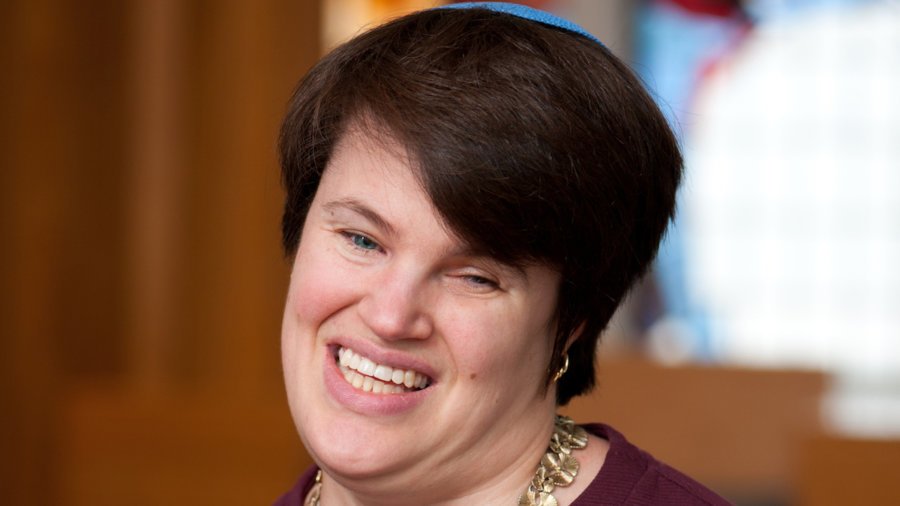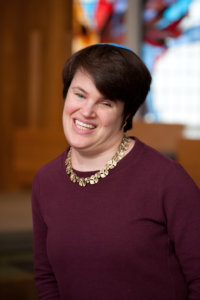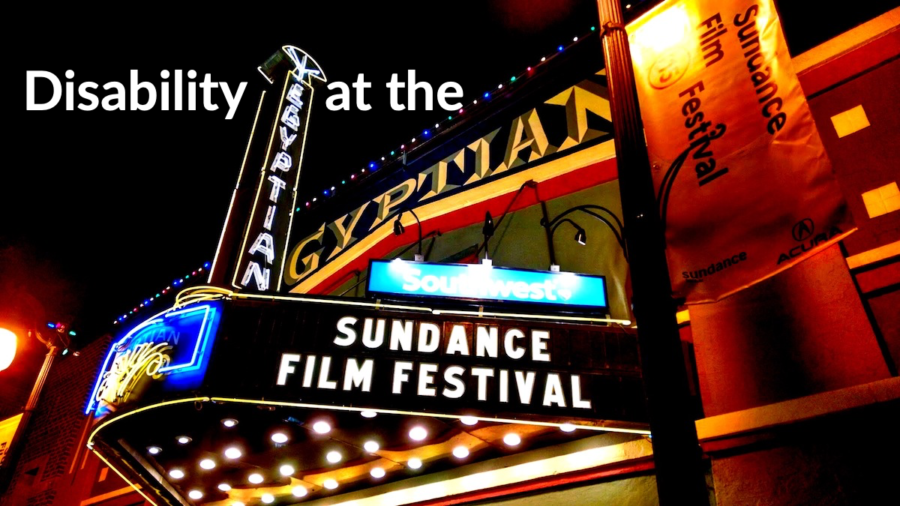Job Growth Slows for People with Disabilities
- Only 111,804 people with disabilities entered the workforce in 2017, down from the previous year’s increase of over 343,000 new jobs for people with disabilities.
- Florida experienced the biggest growth in job numbers with over 23,000 people with disabilities entering the workforce. Of the 50 states, 29 states saw job gains for Americans with disabilities.
- Vermont, under Gov. Phil Scott, becomes one of the top 10 states with the best employment rates, and Rhode Island, under Gov. Gina Raimondo, jumps from 47th in the nation to 19th.
Washington, D.C., Feb. 14 – New statistics released this week show that Americans with disabilities saw a slowdown in job gains compared to those of the previous year. The Disability Statistics Compendium, released by Institute on Disability at the University of New Hampshire, shows that the employment rate for people with disabilities has risen to 37 percent. The Compendium also shows that geography has an impact on employment outcomes for Americans with disabilities. People with disabilities in North Dakota are twice as likely to have jobs as West Virginians with disabilities.
The newly published 2018 Annual Disability Statistics Compendium compiles data collected by the Census Bureau. The Compendium is intended to equip policy-makers, self-advocates and others with clear statistics on disability in America today. Out of over 20 million working-age people with disabilities, 7.5 million have jobs. This data also shows the serious gaps that remain between disabled and non-disabled Americans. 37 percent of U.S. civilians with disabilities ages 18-64 living in the community had a job, compared to 77.2 percent for people without disabilities. [continue reading…]


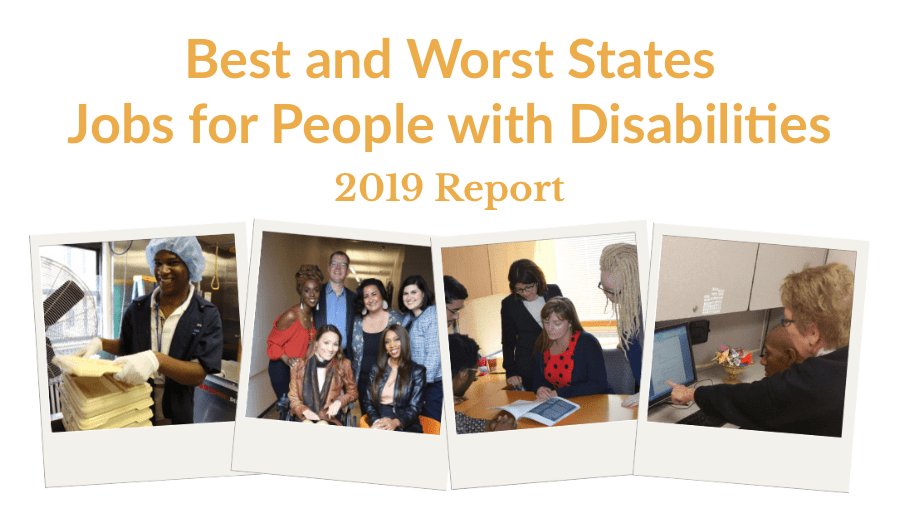
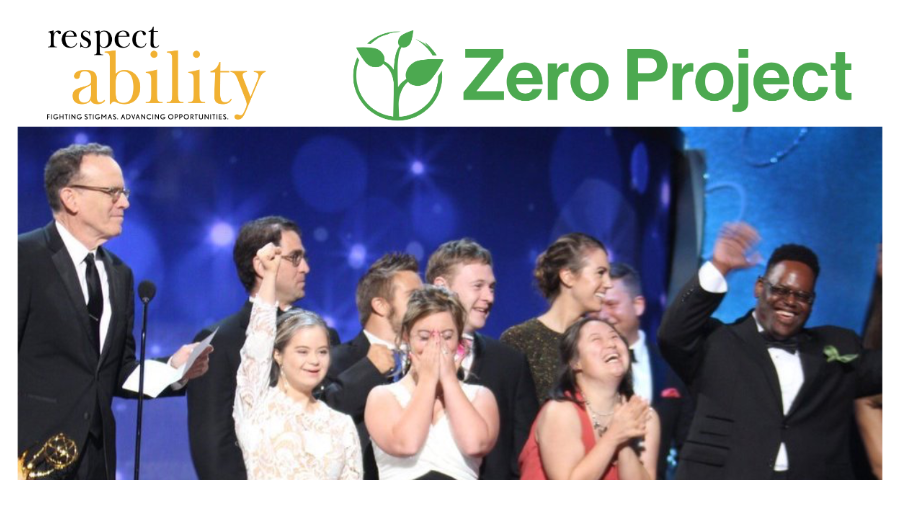
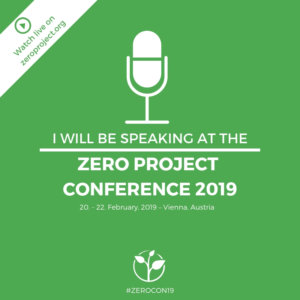
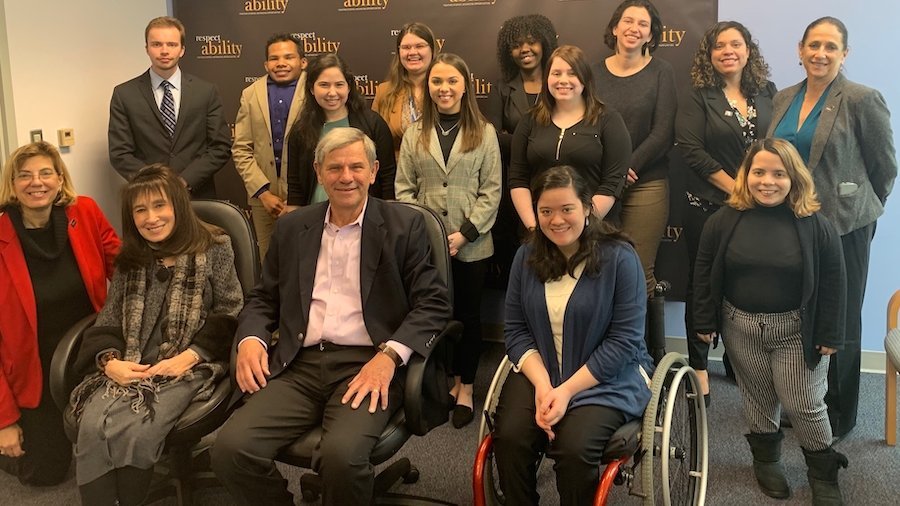

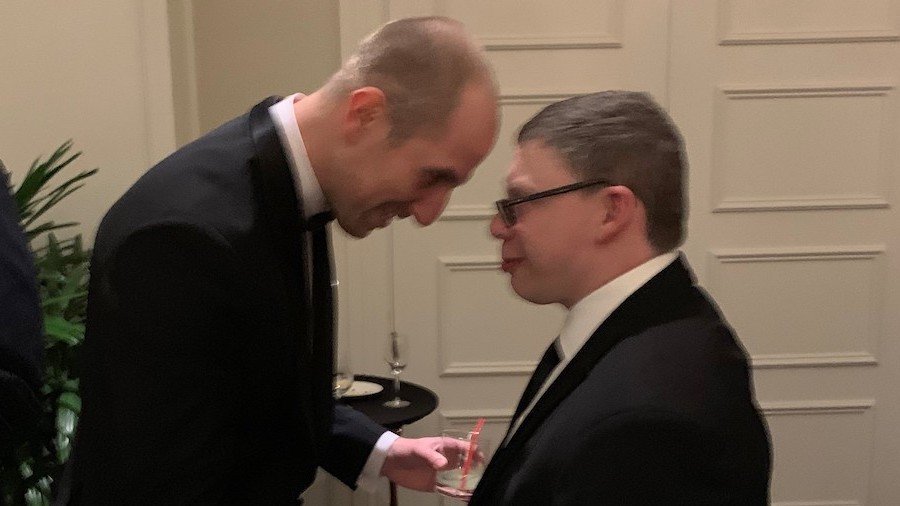
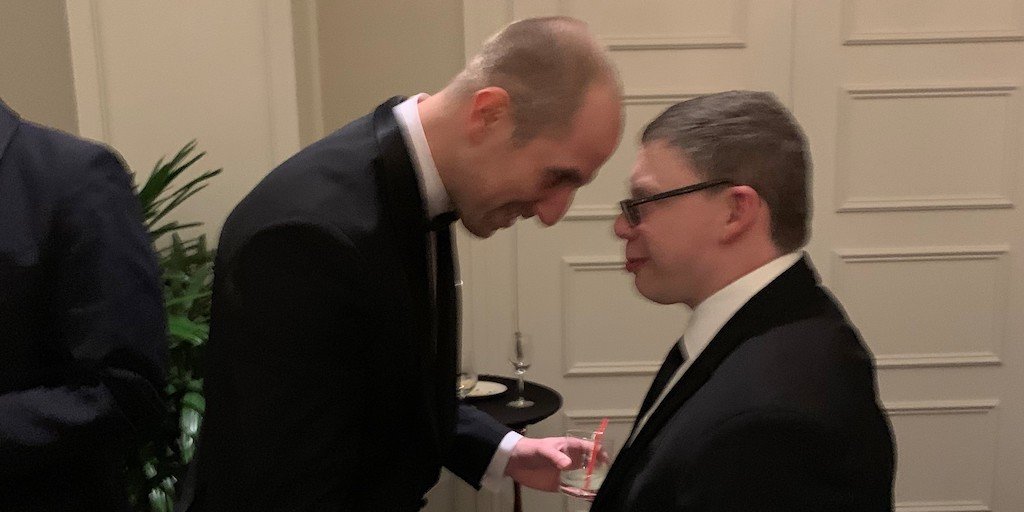
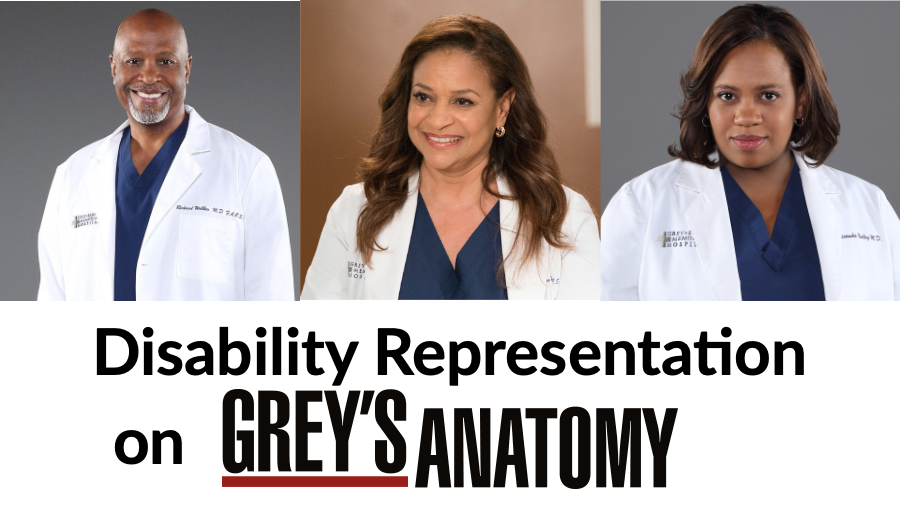
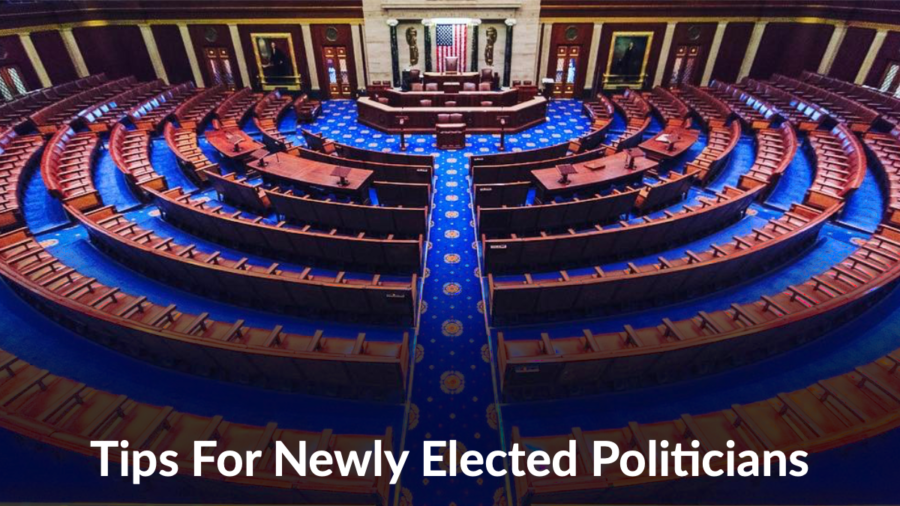
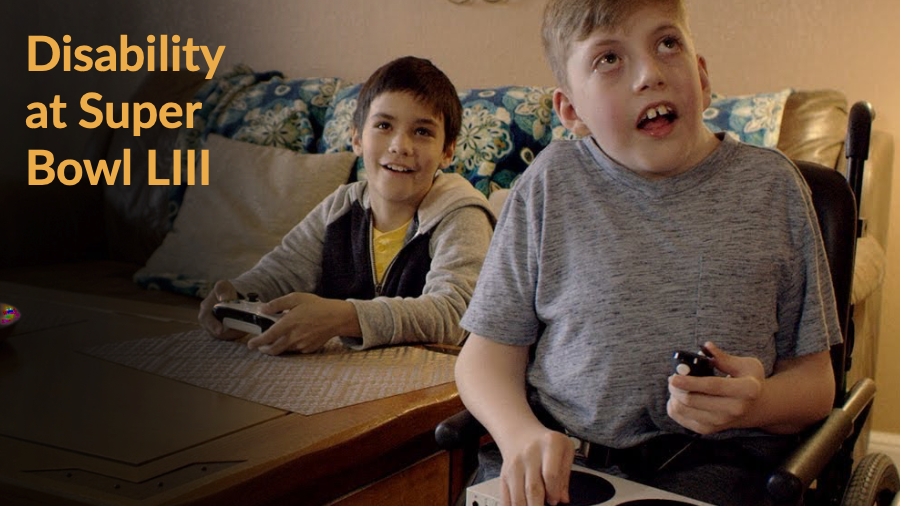
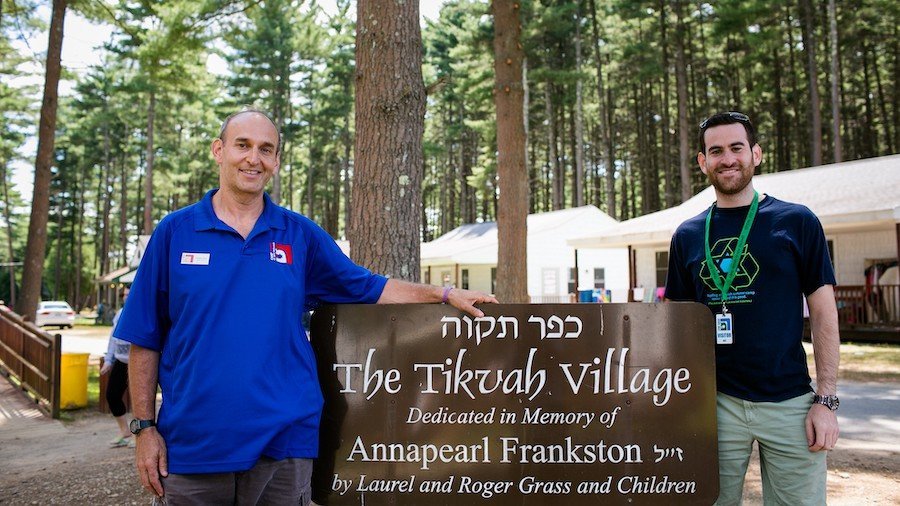
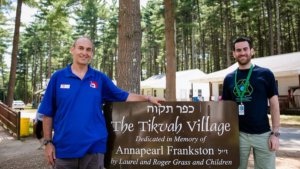 In considering great heroes, dates, places and milestones in the history of disabilities inclusion, one is more likely to think of Tom Harkin, ADA, and 1990 rather than think of Herb and Barbara Greenberg and Donny Adelman (z”l), 1970 and Camp Ramah in Glen Spey, New York. Yet, without the pioneers Greenberg and Adelman, there may have been no Jewish inclusive camping. The Ramah Camping Movement’s network of Tikvah (“Hope”) programs, which currently serves nearly 400 participants each summer in ten overnight camps, five day camps and Israel programs, is currently celebrating 50 years from that first memorable summer in 1970.
In considering great heroes, dates, places and milestones in the history of disabilities inclusion, one is more likely to think of Tom Harkin, ADA, and 1990 rather than think of Herb and Barbara Greenberg and Donny Adelman (z”l), 1970 and Camp Ramah in Glen Spey, New York. Yet, without the pioneers Greenberg and Adelman, there may have been no Jewish inclusive camping. The Ramah Camping Movement’s network of Tikvah (“Hope”) programs, which currently serves nearly 400 participants each summer in ten overnight camps, five day camps and Israel programs, is currently celebrating 50 years from that first memorable summer in 1970.